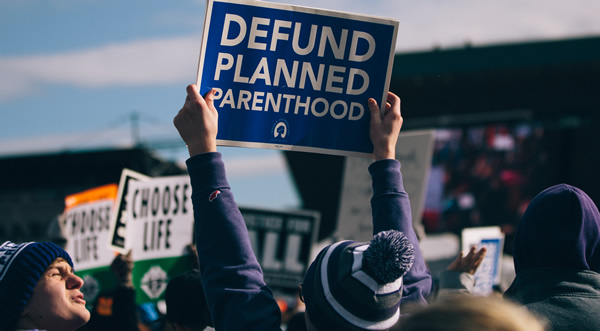Texas government employees no longer can donate to the billion-dollar abortion chain Planned Parenthood through their paychecks.
Last week, Texas Attorney General Ken Paxton issued an opinion saying a new state law prohibits government entities from deducting money from employees’ paychecks for donations to abortion providers through the State Employee Charitable Campaign program, KUT in Austin reports. Employees still can make donations personally.
The law, Texas Senate Bill 22, which passed last year, protects taxpayer dollars by prohibiting government agencies from contracting with groups that provide or promote abortions, Dallas News reports.
However, people recently raised questions about whether the law applies to donations through the State Employee Charitable Campaign. Last week, Paxton answered those questions in a legal opinion.
Here’s more from the report:
In his opinion, he wrote that state law “prohibits the State Employee Charitable Campaign and its Policy Committee from entering into a taxpayer resource transaction with an abortion provider or an affiliate of an abortion provider.” He said the program “constitutes a taxpayer resource transaction.”
Sarah Wheat, chief external affairs officer for Planned Parenthood of Greater Texas in Austin, said her organization was notified by the State Employee Charitable Campaign on Friday that they are ineligible for the program moving forward. …
Wheat said Planned Parenthood of Greater Texas alone receives roughly $180,000 a year from the campaign.
She said Planned Parenthood is considering filing a lawsuit.
Follow LifeNews.com on Instagram for pro-life pictures and videos.
Other states have taken similar action. In 2015, Arizona cut Planned Parenthood from its list of approved charities in its employee charitable giving program.
Planned Parenthood is a billion-dollar abortion chain. Its 2019 annual report, released last week, shows it aborted 345,672 unborn babies — an increase of 3.88% from the previous year. Meanwhile, its patient numbers and actual health services, including birth control, cancer screenings and other services, are declining. Last year, it received more than half a billion taxpayer dollars.








